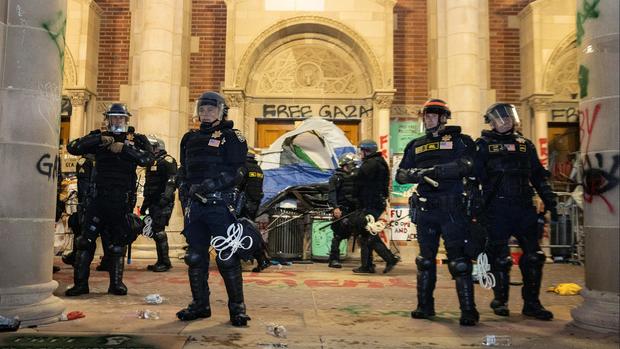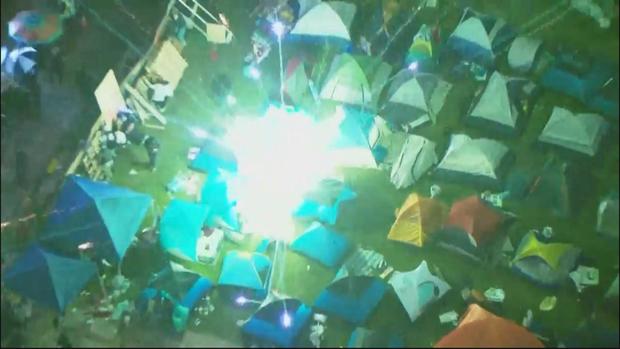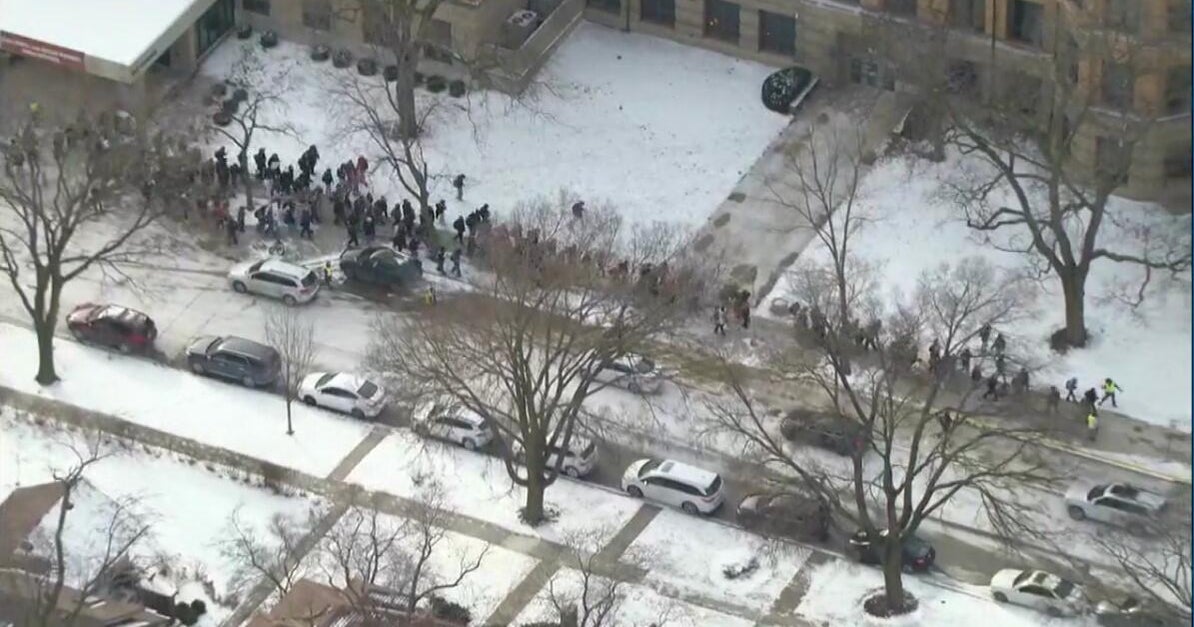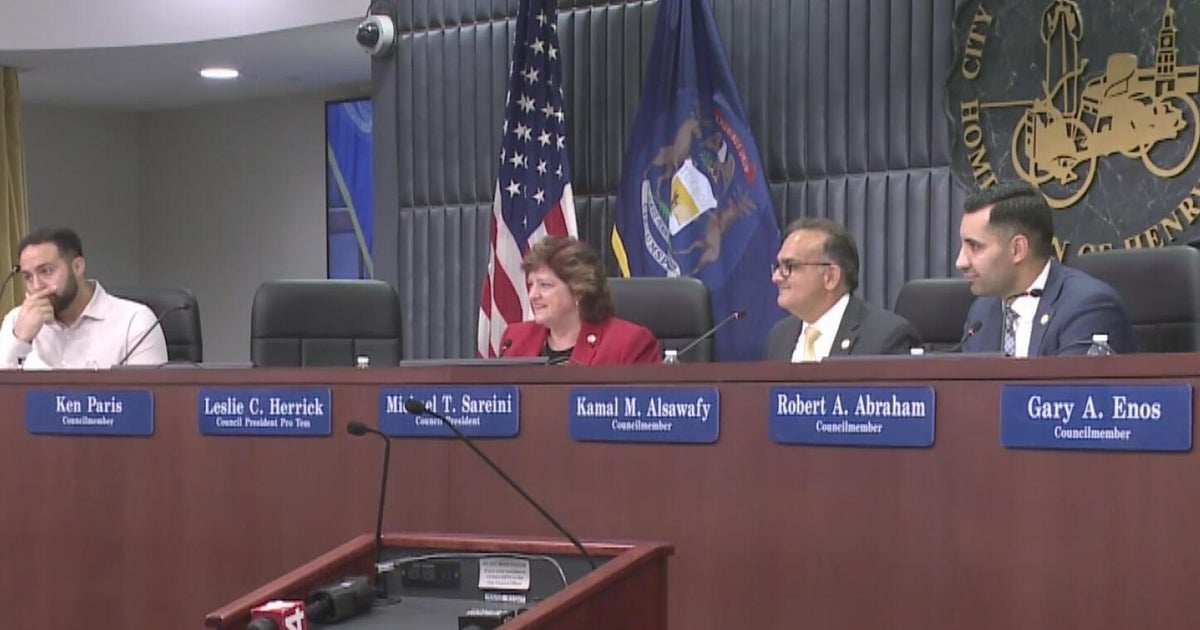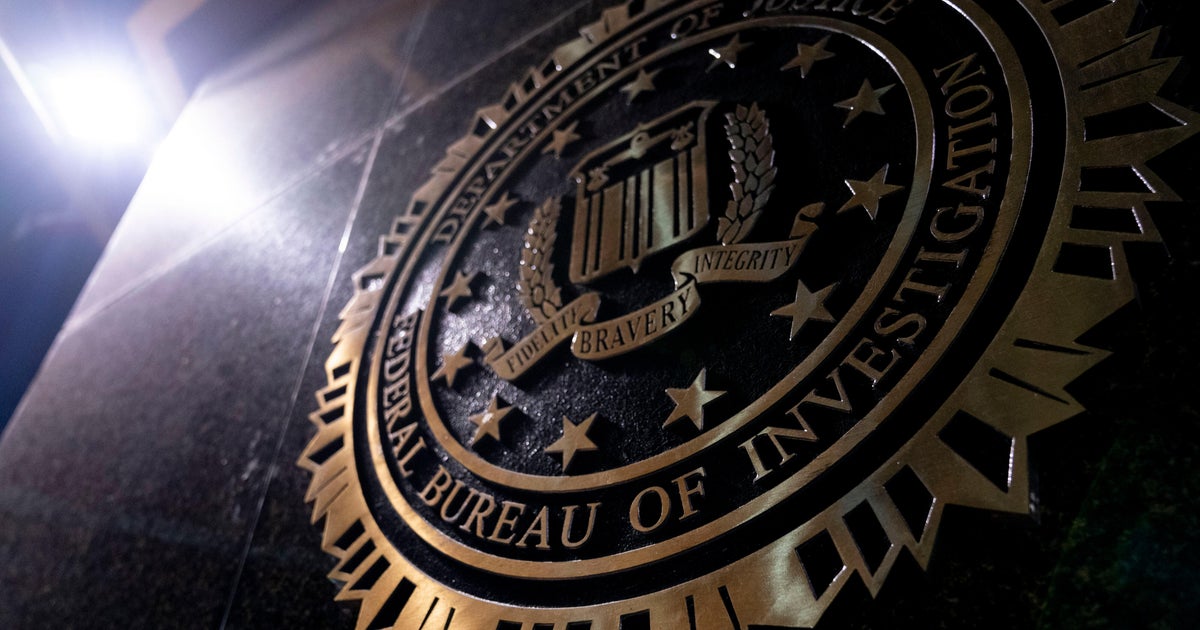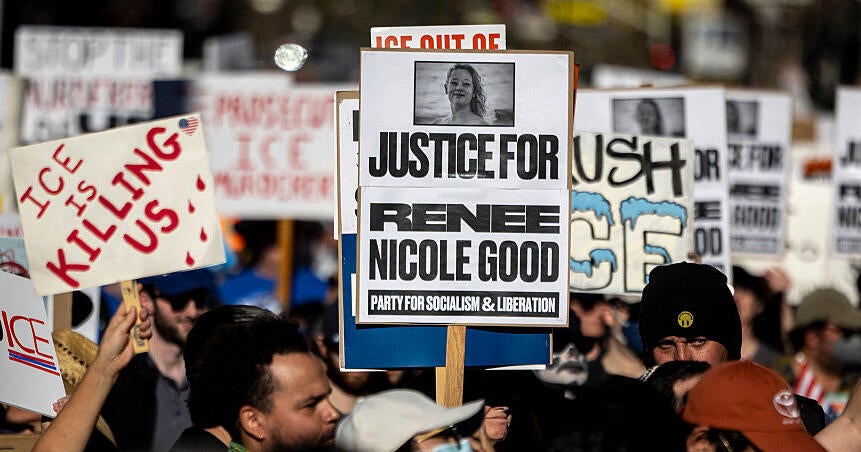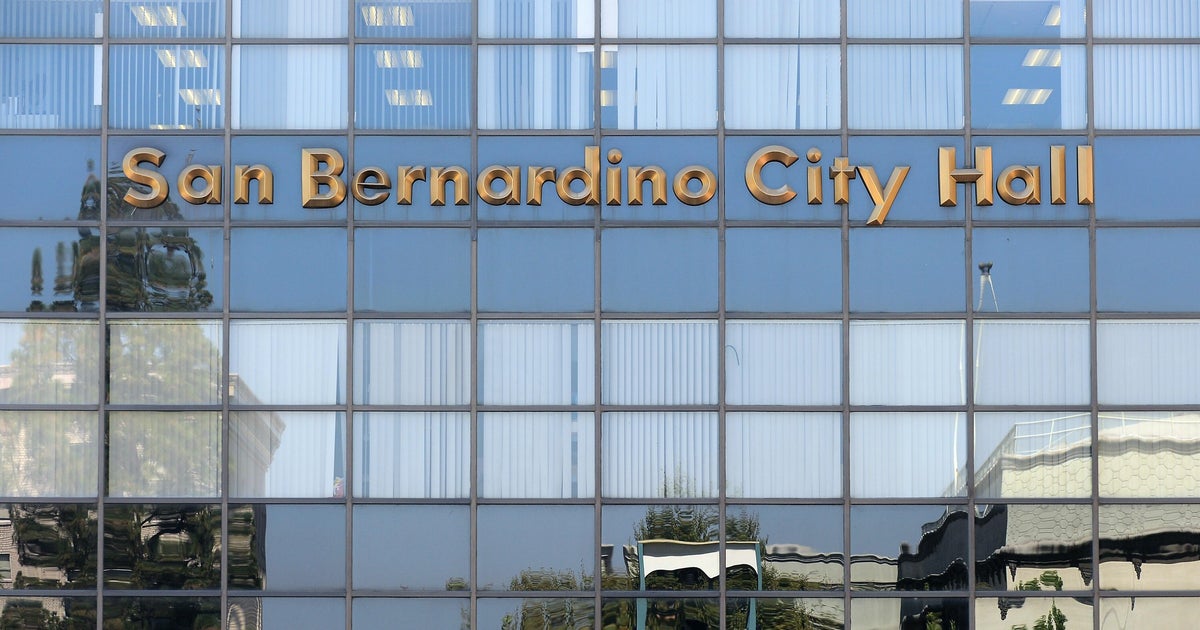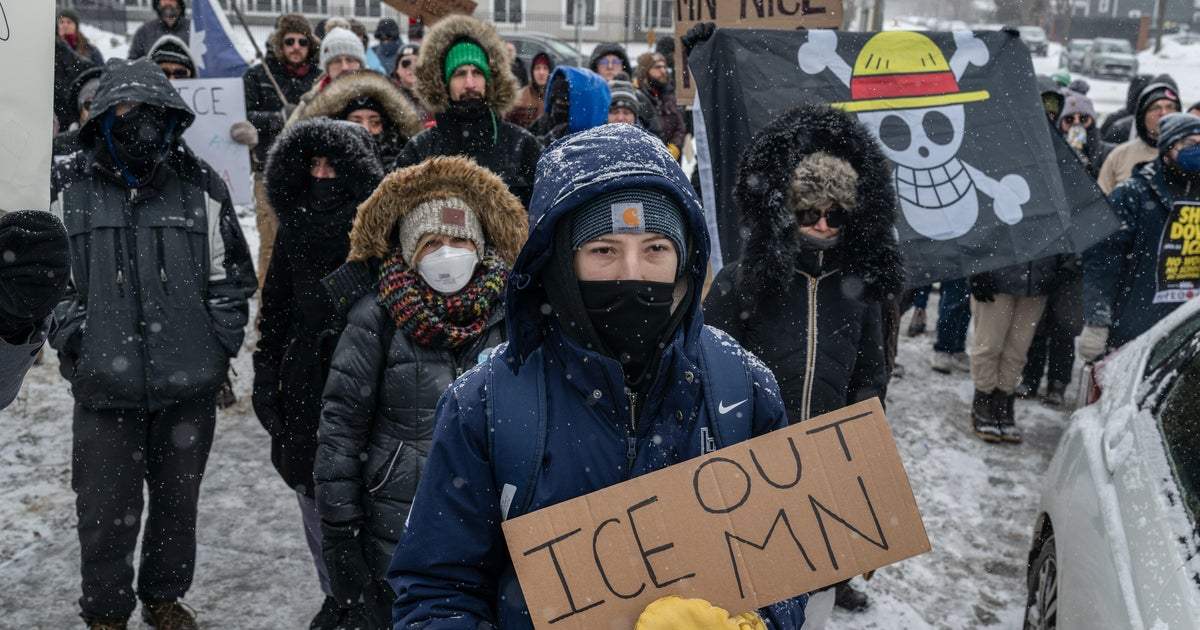UCLA sued for alleged free speech violations during pro-Palestinian protests
Four people arrested during this year's pro-Palestinian protest at UCLA filed a lawsuit against the university for allegedly violating their First Amendment rights.
Following a week-long protest, a police task force, consisting of several agencies, arrested more than 200 people who refused to leave the encampment after the university declared an unlawful assembly.
"Students decrying the genocide of Palestinians and the university's complicity were brutally shut down by the same administrators who profess to support free expression and thinking," said Graeme Blair, an associate professor of political science who was arrested. As an educator, I am ashamed that the university failed our students."
In the lawsuit, Blair, another educator and two students claim the university and the UC regents violated "core First Amendment-protected freedoms" and "unlawfully caused the arrests of students and faculty engaged in nonviolent protest."
While the UCLA administration mulled over the lawsuit they issued statement, calling the encampment a "focal point for violence."
"The encampment that arose on campus this spring became a focal point for violence, a disruption to campus and was in violation of the law," officials said. "These conditions necessitated its removal."
Similar to many other college campuses at the time, pro-Palestinian protesters formed an encampment near UCLA's Royce Hall and Powell Library in April 2024. Within a week, the protesters established a firm foothold, raising concerns with Jewish students.
"It is scary being a Jewish student at UCLA. It is not safe right now," freshman Asher Taxon said on April 30. "The university is not protecting us at all. We voiced our complaints. We voiced our concerns. We are getting denied. We are not getting acknowledged."
Marie, a grad student at UCLA who wished we only used her first name and wore a mask during the interview, took part in the pro-Palestinian and said the group could not let the "agitators" in "for security purposes." Nonetheless, university officials said the protest remained peaceful.
"While the demonstration remains largely peaceful, our campus must remain a place where we treat one another with respect and recognize our shared humanity — not a place where we devolve into violence and bullying," the spokesperson stated.
On April 30, after nearly a week the university declared the encampment as an unlawful assembly and threatened repercussions against the protesters that stayed.
"Those who choose to remain — including both students and employees — could face sanctions," the university wrote that day. "For students, those sanctions could include disciplinary measures such as interim suspension that, after proper due process through the student conduct process, could lead to dismissal."
The protesters responded in a statement claiming they will not leave.
"We will not leave. We will remain here until our demands are met. You justify the mistreatment of students in the encampment in the same way you justify your complicity in the Palestinian genocide," the protesters wrote in a statement.
Later that night, counter-protesters descended upon the encampment. Separated by metal barriers, the two sides remained at a standoff until small clashes began to break out between both groups. The small skirmishes evolved into an all-out melee as counter-protesters tossed fireworks, traffic cones, a scooter, wooden pallets and what appeared to be smoke bombs at people along the barrier to the encampment.
Hours passed as police mobilized their forces to separate the groups. The hostilities ceased shortly after law enforcement established their presence along the skirmish lines. In the following days, they cleared out the encampment and dispersed the crowd.
"While administrators claimed that they cleared the encampment in order to protect protesters from further instances of mob violence, our laws prohibit the suppression of speech because it is unpopular or might provoke violent reactions," said Mohammad Tajsar, senior staff attorney at the Southern California ACLU.
